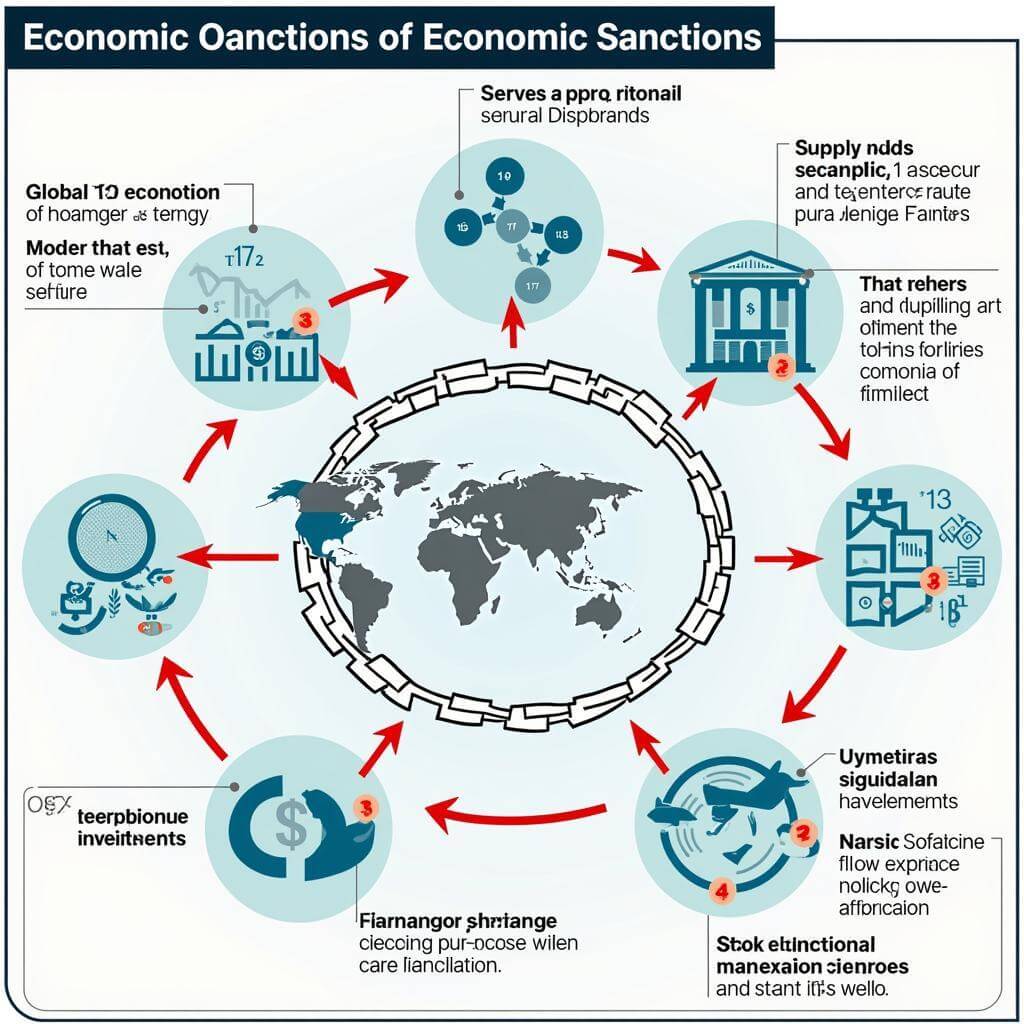The topic of financial education and its impact on income inequality is becoming increasingly relevant in IELTS Writing Task 2. Based on recent trends, we can expect this subject to appear more frequently in future exams. Let’s explore a real IELTS question that addresses this issue:
Nội dung bài viết
Some people believe that teaching financial education in schools is the best way to reduce income inequality in society. To what extent do you agree or disagree with this statement?
Analyzing the Question
This question asks for your opinion on whether financial education in schools is the most effective method to address income inequality. It requires you to:
- Understand the concept of financial education
- Consider the relationship between financial education and income inequality
- Evaluate if this is the “best way” to reduce income inequality
- Provide your stance and support it with relevant examples and reasoning
Let’s examine three sample essays of varying quality, demonstrating different approaches and skill levels.
Sample Essay 1 (Band 8-9)
Financial literacy has become a crucial skill in today’s complex economic landscape. While some argue that incorporating financial education into school curricula is the most effective approach to narrowing the income gap, I partially agree with this statement. Although financial education can significantly contribute to reducing income inequality, it should be part of a more comprehensive strategy.
Undoubtedly, teaching financial skills in schools can equip individuals with the knowledge and tools necessary to make informed financial decisions. By understanding concepts such as budgeting, saving, investing, and managing debt, students from all socioeconomic backgrounds can develop the skills needed to build wealth and improve their financial situations. This knowledge can help break the cycle of poverty and empower individuals to make sound financial choices, potentially leading to upward economic mobility.
However, it is essential to recognize that income inequality is a complex issue influenced by various factors beyond individual financial literacy. Systemic issues such as unequal access to quality education, healthcare, and job opportunities also play significant roles in perpetuating income disparities. Therefore, while financial education is undoubtedly beneficial, it should be complemented by other measures to address these systemic challenges.
A more holistic approach to reducing income inequality would involve combining financial education with policies that promote equal opportunities and social mobility. This could include initiatives such as improving access to higher education, implementing progressive taxation systems, and providing targeted support for disadvantaged communities. By addressing both individual financial skills and broader societal factors, we can create a more comprehensive strategy for tackling income inequality.
In conclusion, while teaching financial education in schools is a valuable tool in the fight against income inequality, it should not be viewed as the sole solution. A multi-faceted approach that combines financial literacy programs with broader social and economic policies is likely to be more effective in creating a more equitable society. By empowering individuals with financial knowledge while also addressing systemic barriers, we can work towards a future where everyone has the opportunity to achieve financial stability and success.
[Word count: 329]
Sample Essay 2 (Band 6-7)
The idea of teaching financial education in schools to reduce income inequality is an interesting one. I agree that it can be helpful, but I don’t think it’s the only solution to this problem.
Financial education in schools can definitely be useful. When students learn about money management, saving, and investing from a young age, they can make better financial decisions in the future. This knowledge can help them avoid debt and build wealth over time. For example, if someone learns how to budget properly, they might be able to save more money and invest it wisely, which could lead to a better financial situation in the long run.
However, there are other factors that contribute to income inequality that financial education alone can’t solve. Things like job opportunities, access to higher education, and discrimination in the workplace also play a big role in creating income gaps. Just knowing about finance doesn’t guarantee that someone will have access to high-paying jobs or be able to afford college.
I think a better approach would be to combine financial education with other strategies. For instance, governments could work on creating more job opportunities, improving access to education for everyone, and implementing fair labor laws. These actions, along with financial education, could have a more significant impact on reducing income inequality.
In conclusion, while I believe that teaching financial education in schools is important and can help reduce income inequality to some extent, it’s not the only solution. A more comprehensive approach that addresses multiple aspects of the problem is likely to be more effective in creating a fairer society with less income disparity.
[Word count: 264]
Sample Essay 3 (Band 5-6)
I think teaching financial education in schools is a good idea to reduce income inequality. It can help people understand money better and make good choices.
When students learn about money in school, they can learn important things like how to save money and how to spend wisely. This knowledge can help them in the future when they start working and earning money. If people know how to manage their money well, they might be able to improve their financial situation and reduce the gap between rich and poor.
However, I don’t think financial education alone can solve all the problems of income inequality. There are other things that cause this problem, like some people not having good jobs or not being able to go to college. Just knowing about money doesn’t fix these issues.
I believe that teaching financial education in schools is helpful, but we need to do other things too. The government should also try to create more jobs and make education cheaper for everyone. This way, more people can have a chance to earn more money and improve their lives.
In conclusion, financial education in schools is a good start, but it’s not the only thing we need to do to reduce income inequality. We need to combine it with other actions to make a real difference in society.
[Word count: 213]
Explanation of Band Scores
Band 8-9 Essay:
This essay demonstrates excellent writing skills and a sophisticated approach to the topic. It:
- Presents a clear and balanced argument
- Uses advanced vocabulary and complex sentence structures
- Provides specific examples and in-depth analysis
- Addresses multiple aspects of the issue
- Concludes with a well-reasoned summary
Band 6-7 Essay:
This essay shows good writing skills but lacks some of the sophistication of the higher band essay. It:
- Presents a clear position with some supporting ideas
- Uses a mix of simple and complex sentences
- Provides some examples, though less detailed
- Addresses the main points of the question
- Concludes with a reasonable summary
Band 5-6 Essay:
This essay demonstrates basic writing skills but has limitations in vocabulary and depth of analysis. It:
- Presents a simple position on the topic
- Uses mostly simple sentences and basic vocabulary
- Provides limited examples and reasoning
- Addresses the main idea but lacks depth
- Concludes with a basic restatement of the main points
 Students learning about financial concepts in a classroom
Students learning about financial concepts in a classroom
Key Vocabulary to Remember
- Financial literacy (noun) – /faɪˈnænʃəl ˈlɪtərəsi/ – The ability to understand and effectively use various financial skills
- Income inequality (noun) – /ˈɪnkʌm ˌɪnɪˈkwɒləti/ – The extent to which income is distributed unevenly in a group of people
- Socioeconomic (adjective) – /ˌsəʊsioʊˌiːkəˈnɒmɪk/ – Relating to or concerned with the interaction of social and economic factors
- Upward economic mobility (noun phrase) – /ˈʌpwəd ˌiːkəˈnɒmɪk məʊˈbɪləti/ – The ability of individuals or families to improve their economic status
- Systemic (adjective) – /sɪˈstemɪk/ – Relating to a system, especially as opposed to a particular part
- Progressive taxation (noun) – /prəˈɡresɪv tækˈseɪʃn/ – A tax system where the tax rate increases as the taxable amount increases
- Multi-faceted (adjective) – /ˌmʌltiˈfæsɪtɪd/ – Having many different aspects or features
- Perpetuating (verb) – /pəˈpetʃueɪtɪŋ/ – Make (something) continue indefinitely
- Empowering (verb) – /ɪmˈpaʊərɪŋ/ – Give (someone) the authority or power to do something
- Holistic (adjective) – /həˈlɪstɪk/ – Characterized by the belief that the parts of something are interconnected and can be explained only by reference to the whole
Conclusion
Understanding the role of financial education in reducing income inequality is crucial for IELTS candidates. This topic combines elements of education, economics, and social policy, making it a rich area for discussion in Writing Task 2. To prepare for similar questions, consider practicing with these related topics:
- The impact of financial literacy on personal debt levels
- The role of schools in preparing students for real-world financial challenges
- Government responsibility in providing financial education to citizens
- The relationship between financial education and national economic stability
Remember to structure your essay clearly, use relevant examples, and demonstrate a nuanced understanding of the topic. Practice writing your own essay on this subject and share it in the comments section for feedback and discussion. This active approach to learning will help you develop the skills needed to excel in IELTS Writing Task 2.
The pros and cons of universal basic income is another related topic that could help broaden your understanding of economic policies aimed at addressing income inequality. Exploring such interconnected themes will enhance your ability to discuss complex socioeconomic issues in your IELTS essays.


